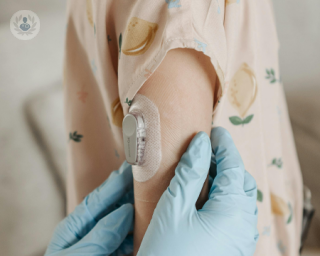
Written by Top Doctors
Paediatric endocrinology, diabetes & metabolism
Treatments for weight loss in children and young people
Childhood and adolescent obesity is a growing health concern worldwide, with potential long-term consequences such as type 2 diabetes, cardiovascular disease and mental health issues. Effective treatments for weight loss in children and young people aim to promote sustainable, healthy habits while addressing underlying causes. Here’s an overview of the treatment options available.













